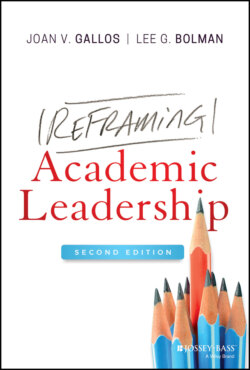Читать книгу Reframing Academic Leadership - Lee G. Bolman - Страница 35
Ask and You Shall Receive
ОглавлениеThis sounds simple and obvious, but it's surprisingly rare. Feedback mostly occurs in structured, high‐stakes situations, like Sarah's annual review meeting with George or when debriefing major failures or special events. Experience makes people leery of offering feedback at other times unless they're sure the recipient wants it. Asking is the easiest way to encourage them. Getting the information you need takes persistence and skill in framing the right questions. If you simply ask a colleague, “What did you think about my report/speech/ … ?,” the first responses will often amount to vague reassurance (“Seemed fine to me”). Comforting platitudes feel safe, but they don't help. You'll need to keep at it to get the kind of information necessary to expand your learning. Help others help you by following up with more specific probes:
“What do you think worked best?”
“What could I have done better?”
“What would you suggest I do to strengthen it?”
“What message do you think the audience took away?”
People are reluctant to risk telling us more than we want to know. Persistence makes requests for honest feedback clear and credible.
